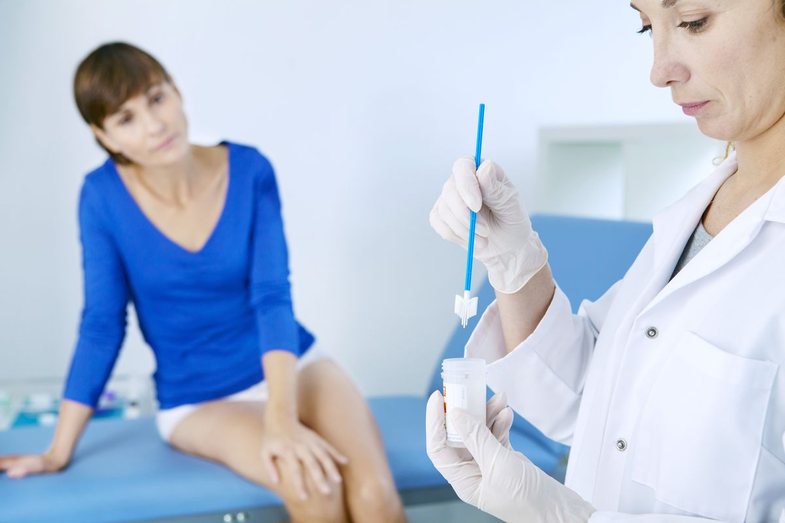
Recent studies have shown that soon a urine test, which can be done at home, will replace Pap Test. The BBC reports that researchers at Queen Mary University in London asked 600 women who had abnormal cells to self-examine urine through a home test, the details of which have not yet been made public.
The test was able to clearly identify the cells that increase the risk of cervical cancer in 96% of cases.
The researchers said the situation was positive after the test identified the changes in DNA caused by the HPV (Human Papilloma Virus).
Soon, this test performed by women at home is expected to become the standard method of preventing cervical cancer.
Cervical cancer is the second most common cancer in women, especially in developing countries, a completely preventable disease and yet remains a significant cause of cancer deaths in women worldwide.
Pap smears should be checked occasionally to check the condition of the uterine cells. This is a test done by taking a sample of cells from the cervix with a special brush and does not cause pain. Samples are then sent to the laboratory for examination.
Which women are most at risk?
Every woman may be at risk for cervical cancer, but a woman is more at risk if:
- The first sexual intercourse started early
- There are numerous sexual partners
- There are partners who have or have had many sexual partners
- Has or has had a sexually transmitted infection
- Abuses tobacco
- Has low immunity (eg HIV infected individuals are at higher risk of being infected with HPV, and may be infected by different types of HPV)
What are the main signs?
- Irregular bleeding between menstrual cycles, or abnormal vaginal bleeding after intercourse
- Pain in the middle or bottom of the abdomen
- Fatigue, weight loss and appetite
- Vaginal discomfort or abnormal vaginal secretions
- Pain during intercourse
For more information, click here.





